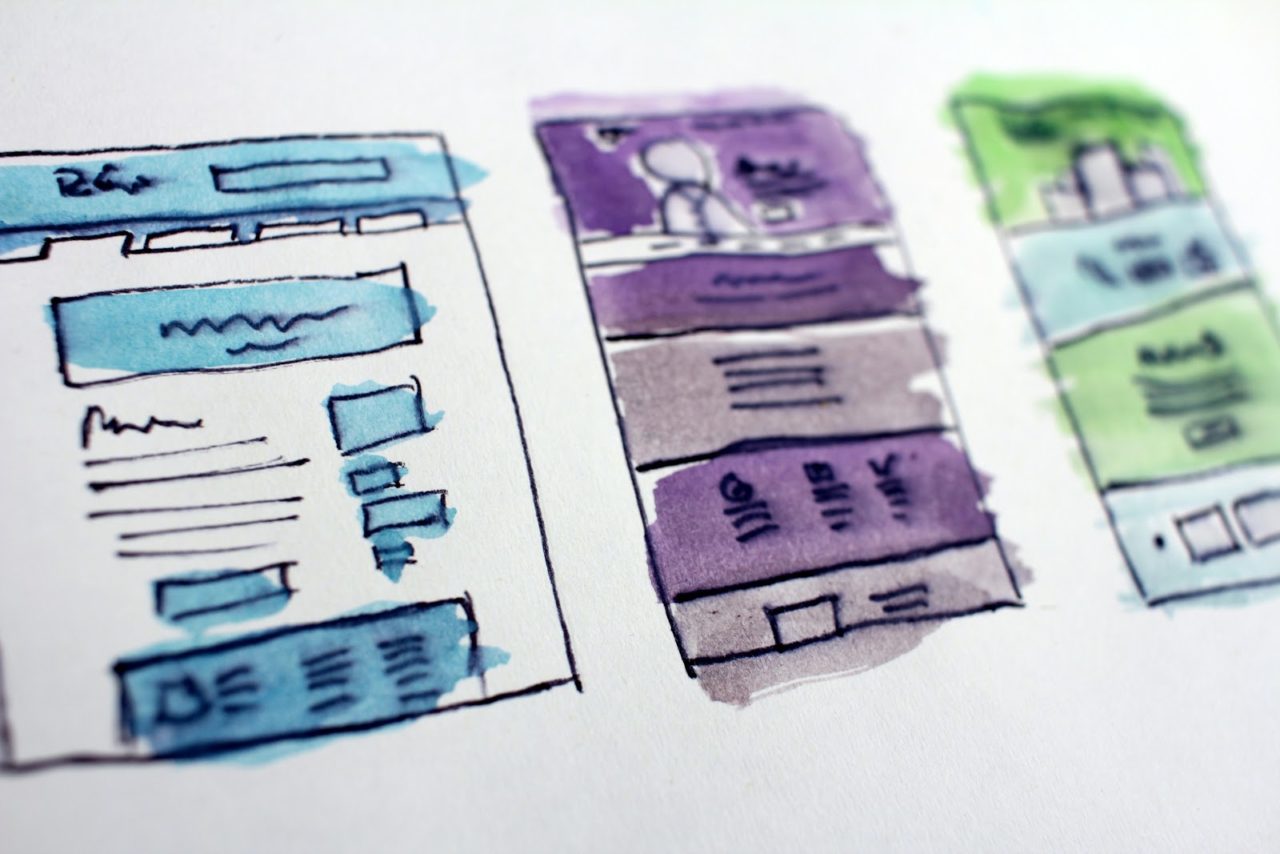
How Links Can Positively and Negatively Impact A Website’s SEO
April 30, 2021Links are a key component of a website SEO and can be difficult and time-consuming to earn. There are a number of factors that determine how beneficial a link is to the SEO of a page and website. Some link attributes are more impactful than others, but they all work together to increase (or decrease) the influence a link has on website SEO.
To help people better understand the key link factors to consider while working on your site’s linkbuilding efforts, we’ve put together a list of some of the most critical link attributes that can either have a positive or negative impact on a site’s SEO.
Breaking Down Important Link Attributes
- Follow or No Follow Links: (Large Impact) For those unfamiliar with No Follow Links, a no follow link is a link saddled with a “nofollow” tag that communicates to search engines saying “don’t count this link.” So, in short, no follow links are not benefiting a page or website other than the possibility some users might click on the link and visit the page or site. Follow links, on the other hand, can have a tremendous SEO impact on a page, including opening the door for the positive impacts from all of the attributes listed below. Without being considered a “follow link” or “do follow link” the attributes below basically don’t matter.
- Internal or External Links: (Large Impact) While internal links can certainly impact a page’s SEO, an external link can benefit your site’s SEO much more than a link from your own site could. So don’t stop utilizing internal links, but make sure you have a strategy in place to earn external links to have the maximum impact possible.
- Domain Authority of Linking Website: (Large Impact) This can be determined by using a tool that measures and ranks a website’s domain authority, such as Moz, Similar Web, or other SEO tools. Links from sites with a high domain authority can be very beneficial for the SEO of the page they are linking to, especially if they have a much higher domain authority.
- User Engagement of Linking Page: (Medium Impact) Basically this means does the linking page receive a lot of visitors and do people engage with the linking page by clicking on links on the page. While it’s difficult to estimate if a potential external link will have high engagement, one way you can help predict the likelihood of high engagement is to observe if the potential linking site uses lots of social sharing for their site’s content. If their content usually has a social sharing strategy in place, then it’s much more likely the content will have higher engagement.
- Spam Signals of the Linking Page: (Medium Impact) To find the spam signals for a linking page, consider using something like Moz’s spam score. This score is generated by adding up a series of indicators that Google has recognized as spam in the past. A high spam score from a linking website could have a negative impact on your site’s SEO.
- The Quality of Other Links on the Linking Page: (Medium Impact) If the page had any spam warning signs, mentioned above, chances are that some of those spam signals were caused by the page linking to sketchy websites. Take a look at the other outbound links on the linking page and see what kinds of websites are being linked to. If they look questionable, that could be a bad sign.
- Anchor Text Used in the Link: (Medium Impact) The keywords used in the anchor text of an internal link or an external link can have a significant impact on a page’s SEO. The impact anchor text will have on the SEO of a page has to do with the relevancy of the anchor text keywords used in relation to the page they are linking to. If the anchor text is “best cat backpacks” and the page it is linking to is a product page for a cat backpack, that’s the ideal anchor text scenario.
- Topical Authority: (Medium Impact) This basically means how much authority is the topic area being discussed on the linking page. If the linking website is to see how well the site is ranking for keyword searches based on the topic of the page, for example, “fuzzy socks.” If “fuzzy socks” is a relevant keyword for your webpage and the linking website is highly ranked for keywords like “fuzzy socks” “best fuzzy socks” “cozy socks” and “soft socks” then that’s a sign of good topical authority.
- Content and Website Relevance of the Linking Page: (Medium Impact) The impact of the relevance of the linking website and linking page is important but it doesn’t mean that you should only try to get external links from sites tied to the same topics on your website. An inbound link, even from a site seemingly unrelated to your site, can still have a positive impact on the SEO of your page and your website SEO as a whole.
There are other link attributes that can have an effect on the SEO of a page but the link characteristics mentioned above are the ones that have the largest impact on a page’s SEO.
If you take these link characteristics into consideration the next time you’re working on link building to a new mid-level page, blog post, product page, or any other page on your website, you will not only have a leg up on your competition but you will also have a much great chance to ensure any new links to your site have a positive impact on your site’s SEO, instead of a negative result.
If you have any questions about the impact of links on your site’s SEO or want to share your tips for determining the potential of a website link, please leave us a comment, we would love to hear from you!






